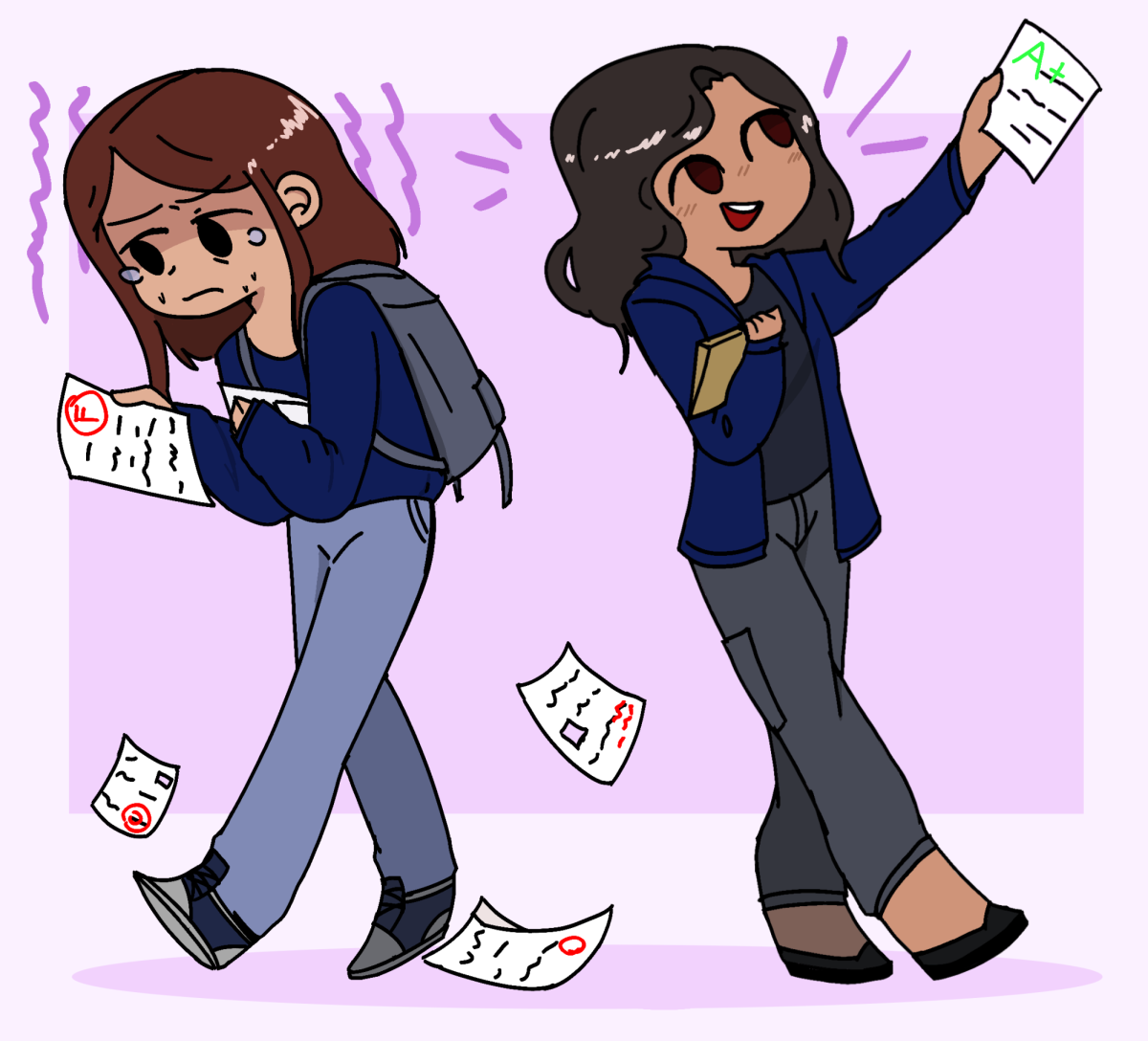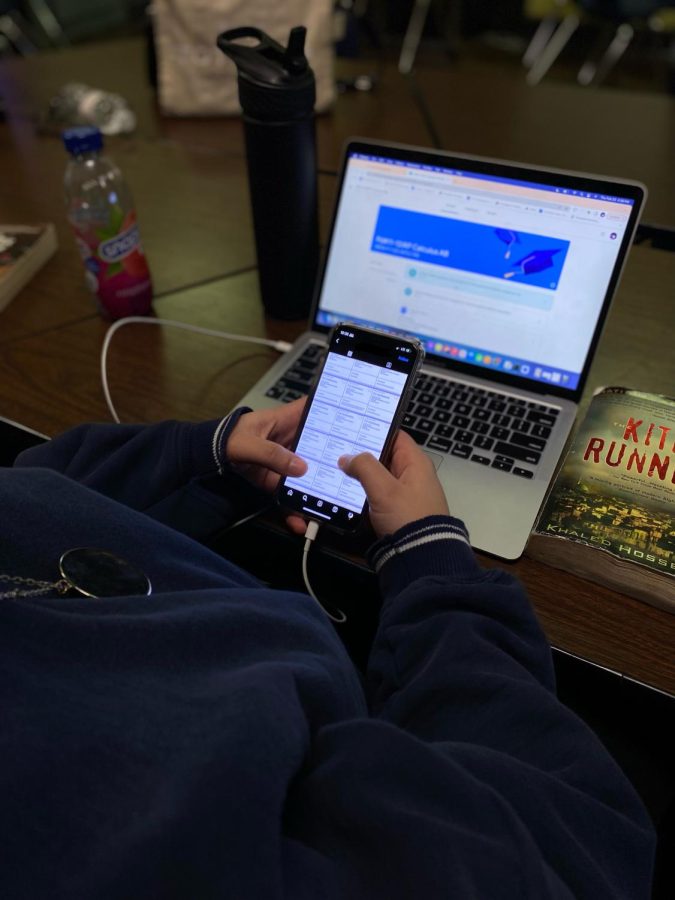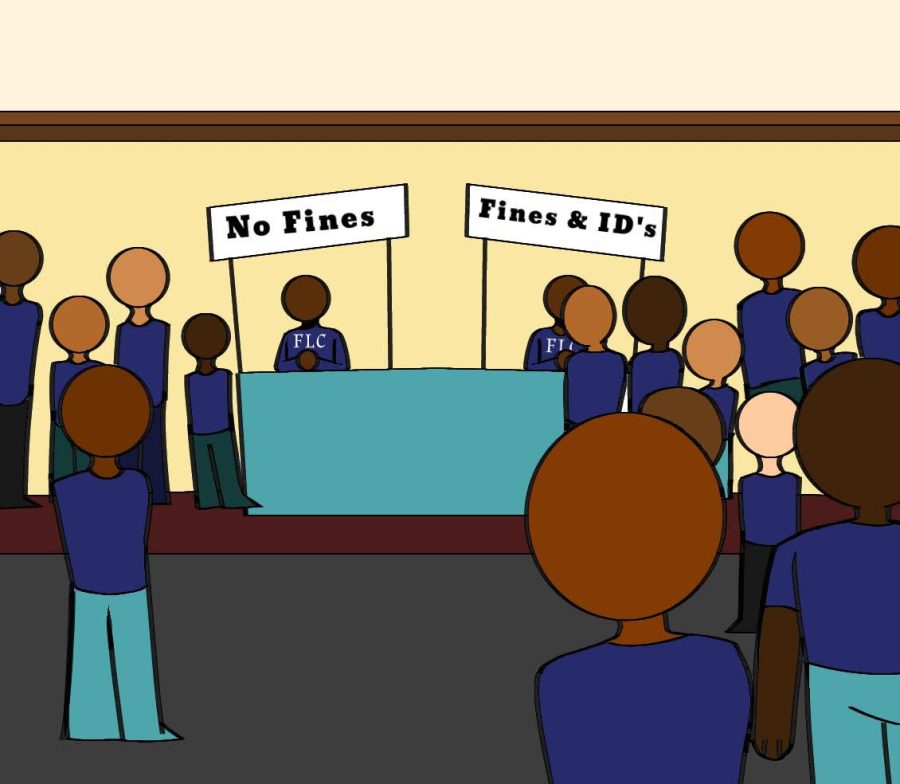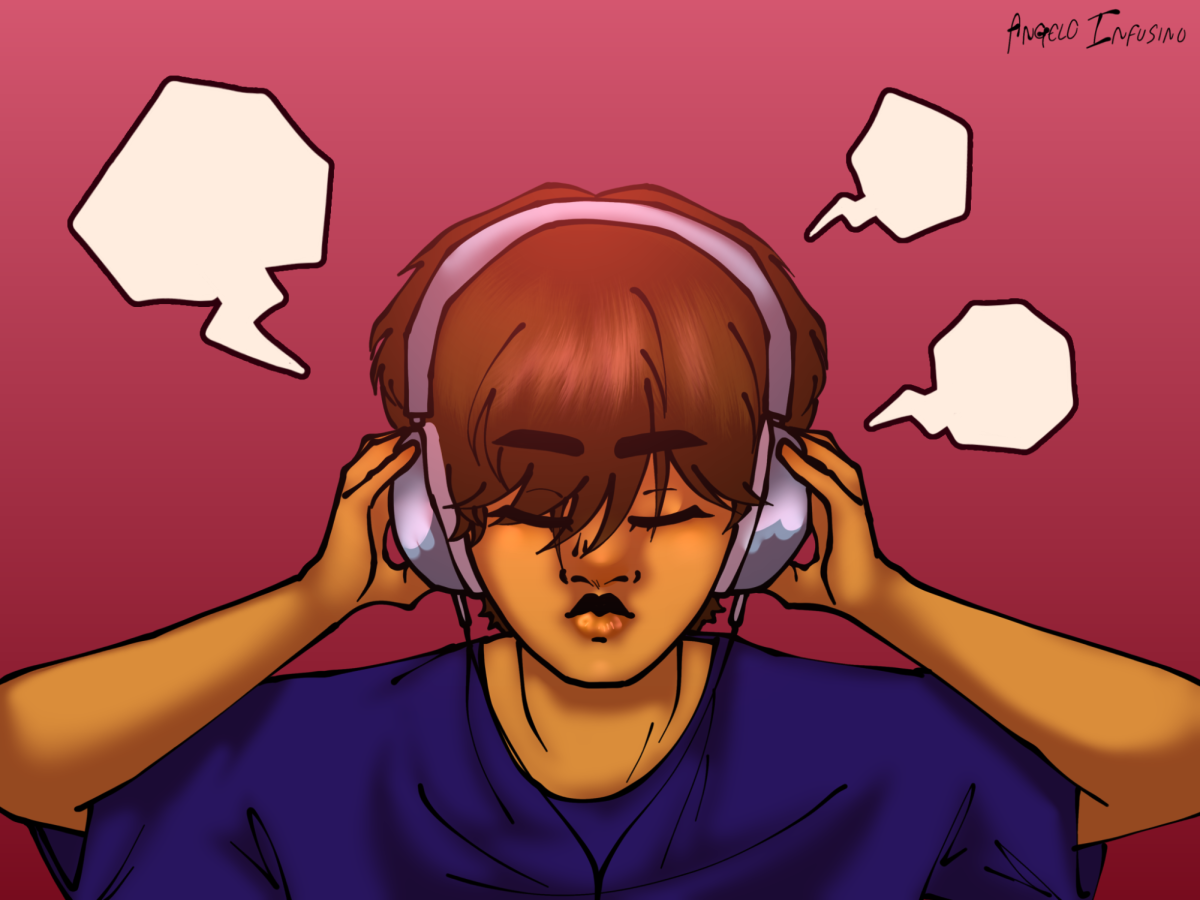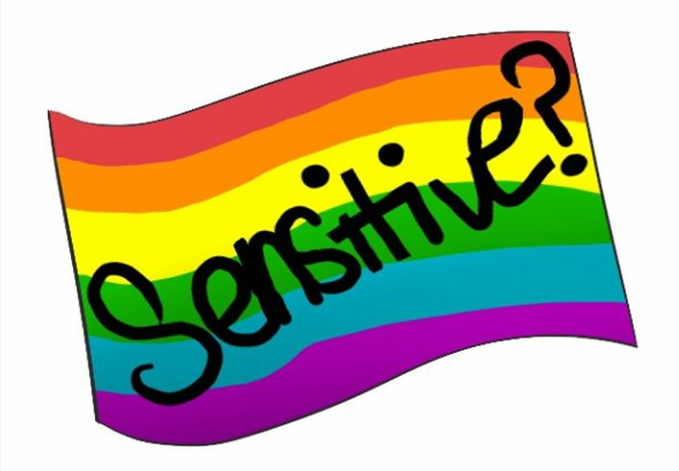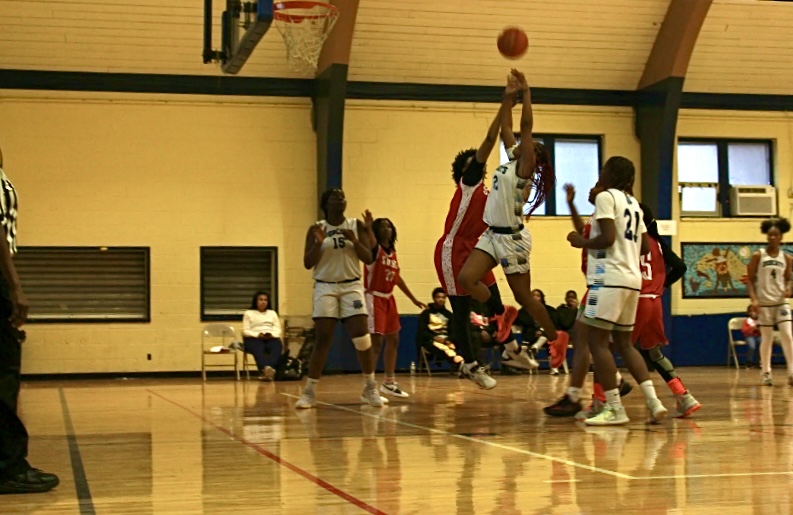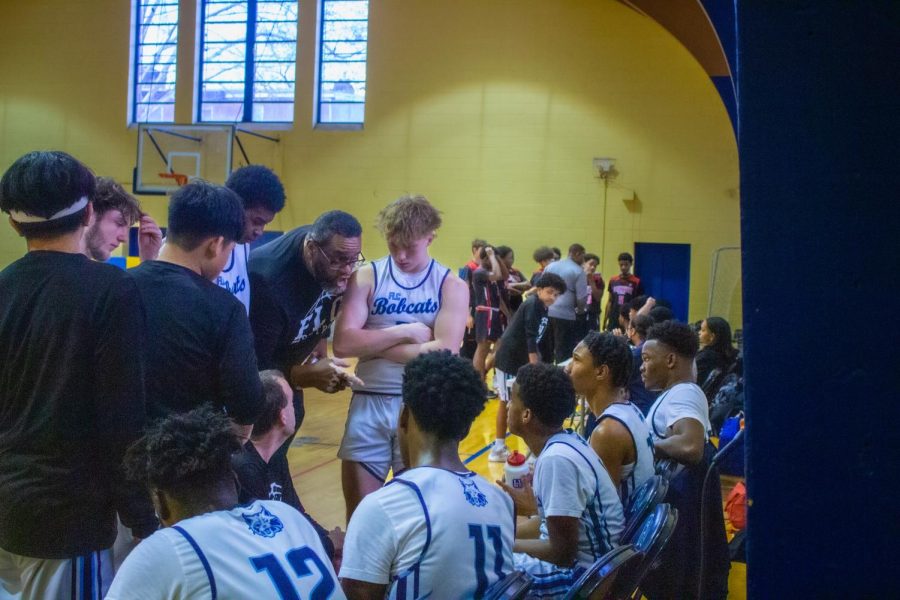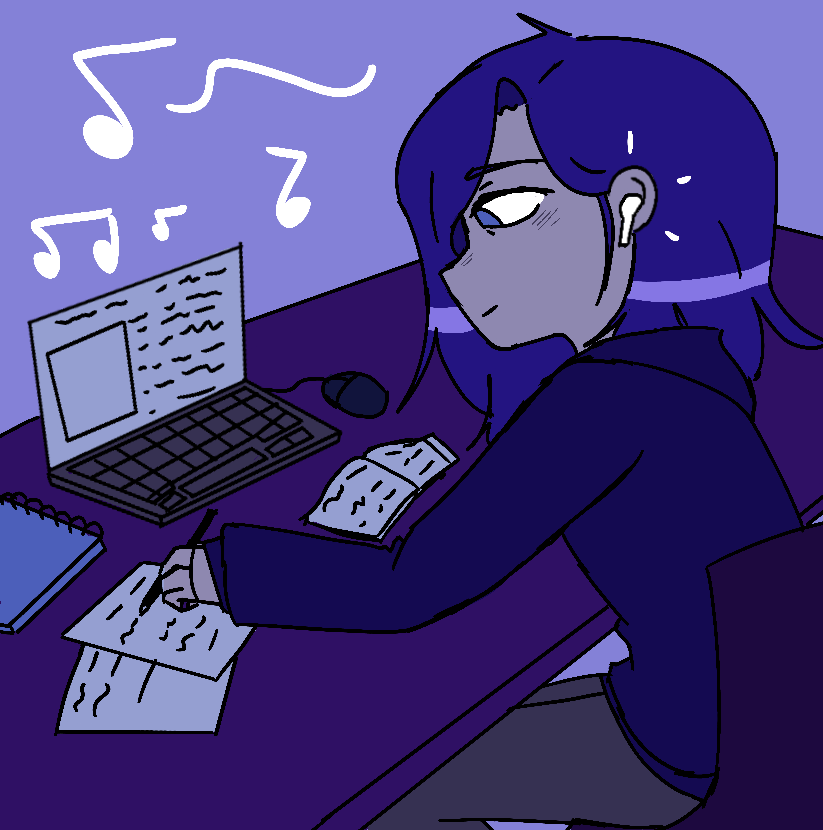How does music improve students’ study experience?
Student listening to music and studying
May 26, 2023
CORRECTION: The May 15, 2023 print edition of this article was falsely attributed to Maya Williams. She did create the illustration but did not write the article.
As a high school student, my vital organs might as well be in my AirPods. I can’t function without them. This seems like the case for most students at FLC, who are commonly seen blocking out the hallway ambiance with their own.
Though it may annoy teachers to no end, is there a chance that a student’s soundtrack can make them more productive? Studies say yes! Our favorite songs can intensify our focus, boost our mood, and destress us.
According to the Harvard Business Review, background music blocks out other distractions. It provides our brains
with extra stimulation when we’re completing simple tasks, like filling out a worksheet or solving math equations.
Joleah Nay, a senior art major if she thought music improved her concentration. “I use music to help me study,” said. “It helps me stay motivated whenever I can’t do my assignments.”
Allowing students to use music to hone their focus could even have a positive spillover into test scores!
Music is more of a motivator than you think. Certain songs can have a huge impact on our moods. Listening to an upbeat song when you’re low on energy is similar to having a large cup of coffee. An article from Pfizer relates one’s favorite song to the bells of Pavlov’s dogs, saying our brains “actively anticipate pleasure upon hearing familiar notes.”
When asked if she’d ever used music as a means of motivation, Medical As- sisting major Saba Alkinani responded, “I find that listening to music is the best way to unwind, therefore in a way, it in- spires me to complete my tasks. Music has helped me work efficiently with hands-on activities. If I’m cooking or painting, music is the perfect compliment!”
Music’s most recognized quality may be its ability to calm students down. Depression and anxiety are common among teenagers. Georgetown University’s Center for Children and Families reported that 5.6 million children had been diagnosed with anxiety in 2020 alone. This includes a chunk of high school students.
When asked what music does for her anxiety, a junior art major Sarai Davis commented that music has an almost “instantaneous calming effect” for her. “Having something to take me from the distractions around me helps me focus. The more focus I have the more I get done and the more accomplished I feel the better I do mentally.” Davis added.
There are many things we can do to incorporate music into our school life. Students could be encouraged to listen to their study playlists when completing work or teachers could take song requests for background music during class time. No matter how we do it, it’s important to recognize how the benefits of music can positively affect the students of FLC.







![[VIDEO] FLC 10th grade student awarded $40,000 in a BigFuture Scholarship](https://theflashflc.org/wp-content/uploads/2023/05/Screen-Shot-2023-05-02-at-4.39.10-PM-900x493.png)
![[VIDEO] Mayoral candidates campaign on student issues](https://theflashflc.org/wp-content/uploads/2023/04/IMG_1387-900x506.jpg)













